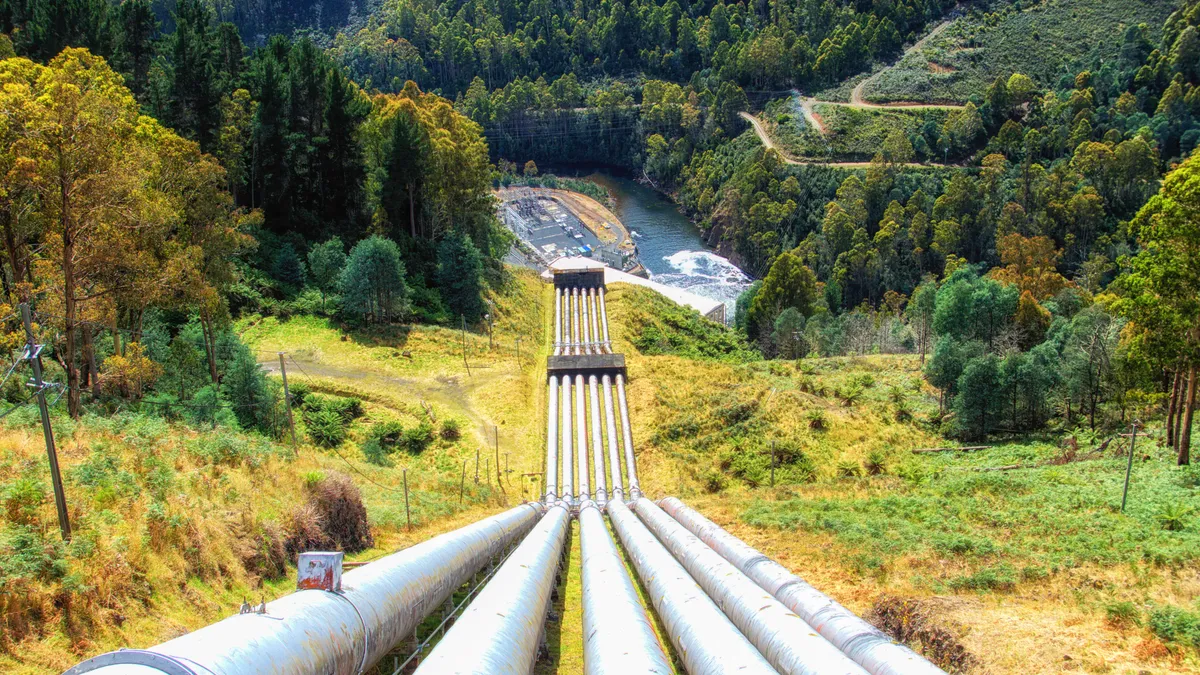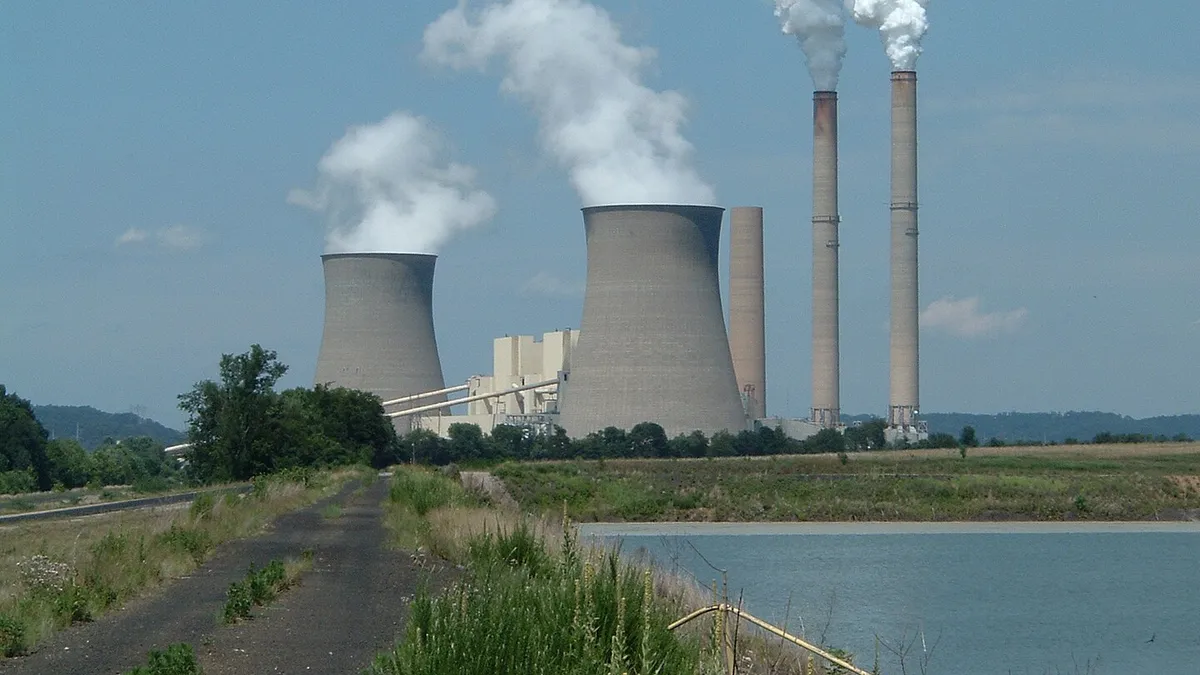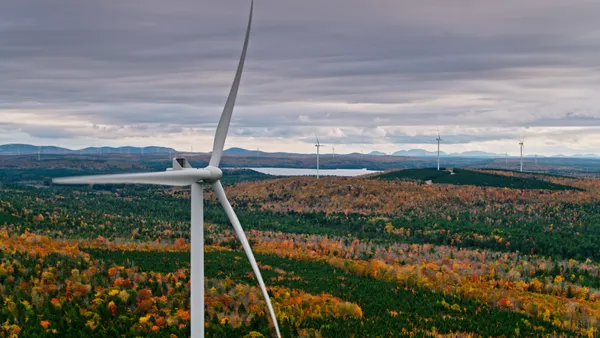Eight companies working on technological advancements in clean energy have been awarded millions in federal funding to help scale up production on innovations that would streamline sectors such as offshore wind and pumped storage.
U.S. Energy Secretary Jennifer Granholm announced Tuesday which companies had been selected to receive awards from a $100 million block of funding earmarked for technologies that had been originally funded by the agency’s Advanced Research Projects Agency–Energy program.
These awards underscore DOE’s commitment to the Biden administration’s clean energy agenda and are “intended to lower emissions, reduce dependence on imports of critical minerals and advance research,” the department said.
Recipients of funding from the Seeding Critical Advances for Leading Energy technologies with Untapped Potential (SCALEUP), are described as “disruptive new technologies.”
Granholm said DOE picked the winners because it believes their products will be “transformational” for the industry, and the SCALEUP funds will “catalyze” the commercialization of the technologies so they can be “broadly deployed.”
DOE cited Kent Houston Offshore Engineering’s two floating offshore wind turbine technologies as “disruptive,” noting that the company’s focus on designing more efficient turbines and lowering fabrication costs that will lead to floating wind farms producing cheaper electricity while reaching profitability. Kent was awarded $17.5 million.
Quidnet Energy, which received $10 million, will use that funding to scale up its geomechanical pumped storage technology into a system that can be used commercially. According to DOE, the first utility to make use of this technology will be CPS Energy, San Antonio’s municipal utility and the largest one in the U.S.
Quidnet’s technology uses subsurface rock layers to avoid some of the limits and expense of traditional pumped storage. During Tuesday’s press conference, Quidnet CEO Joe Zhou said the technology can be deployed “at a fraction of the cost” of pumped storage.
Existing pumped storage facilities generate power for storage by pumping water from one reservoir to another at a much higher elevation, storing the potential gravitational energy of the water. Zhou said that the power required by this outstrips the amount of power that can be stored, and the need for an elevation difference necessitates the use of mountains, which limits the areas in which pumped storage can be used.
Quidnet wants to “take mountains out of the equation,” Zhou said, by pumping water underground between layers of rock and using the pressure of those layers to generate the “weight of a mountain” needed to store power.
Via Separations was awarded $9.75 million to deploy a new type of membrane module for industrial manufacturing, potentially cutting energy costs by 90%, according to DOE.
Via Separations CEO Shreya Dave said Tuesday the company’s membrane technology could eventually slash emissions across the petrochemical, paper and pulp and chemical manufacturing industries by “three gigatons,” while also capturing “valuable byproducts” that previously would have been lost in the separation process.
President Joe Biden’s goals of cutting greenhouse gases by 50% by 2030 and reaching net-zero emissions by 2050 “will require an acceleration of private sector investments across the clean energy and transportation sectors,” Granholm said.














